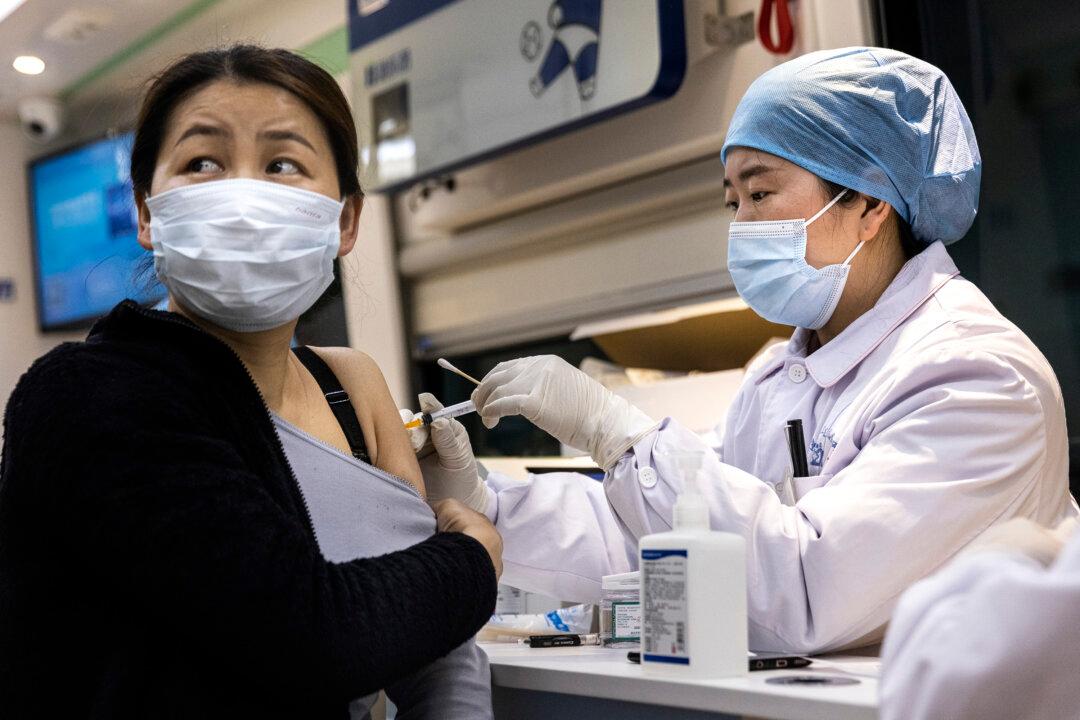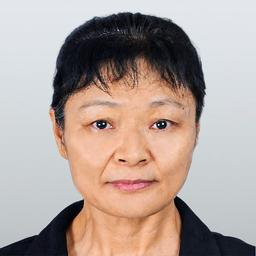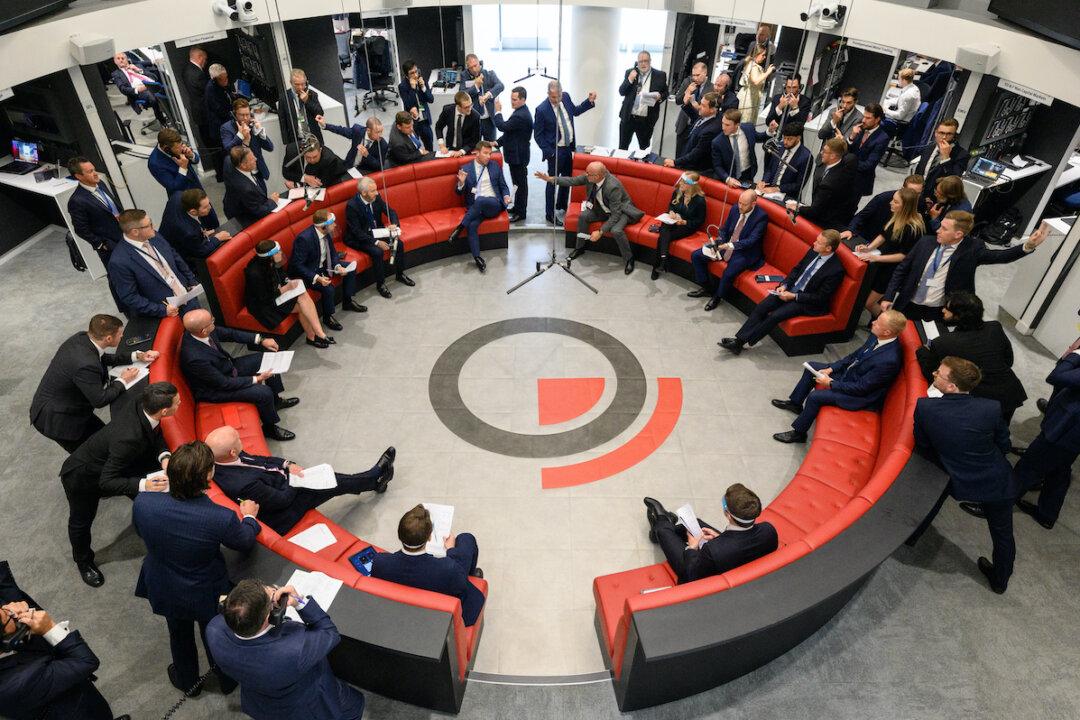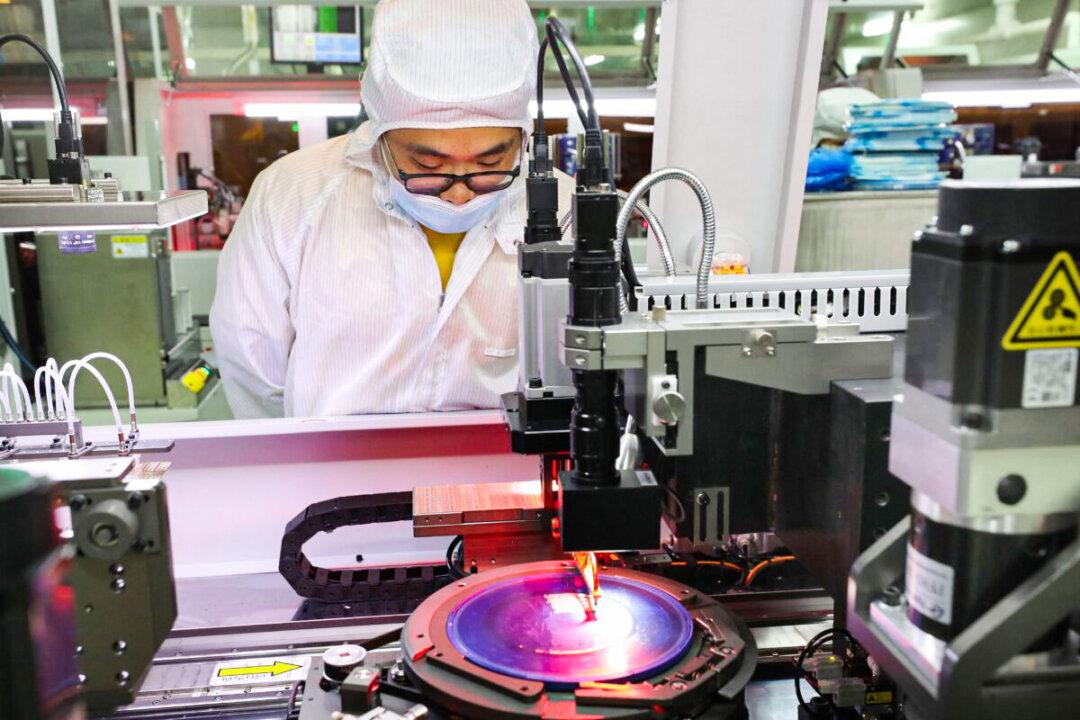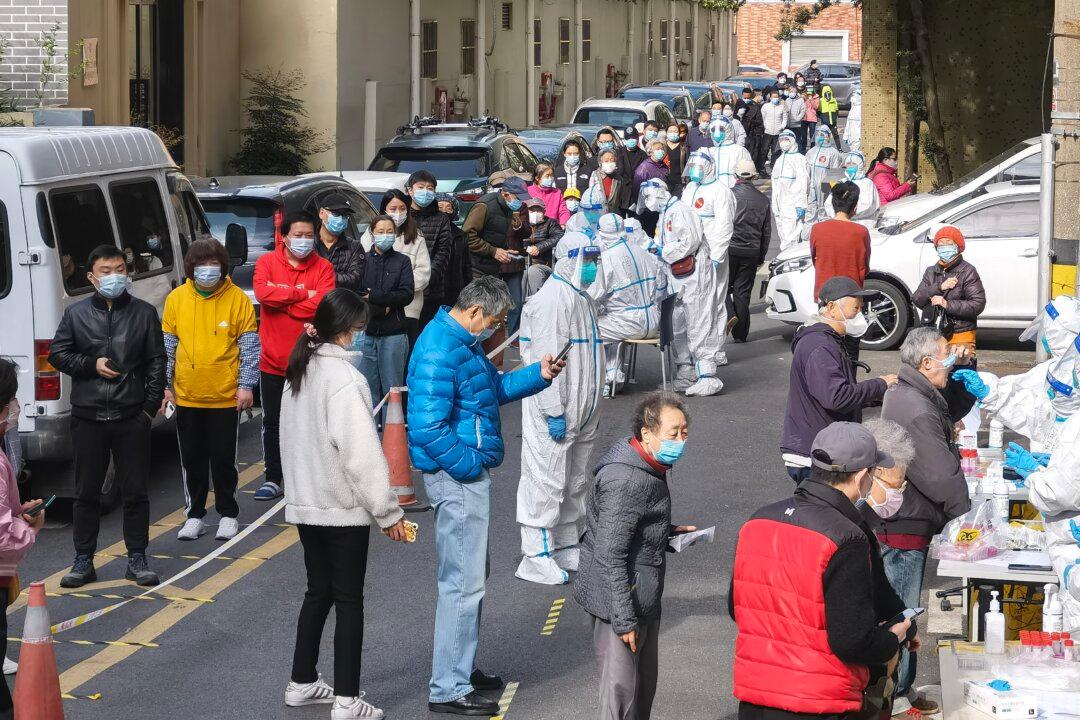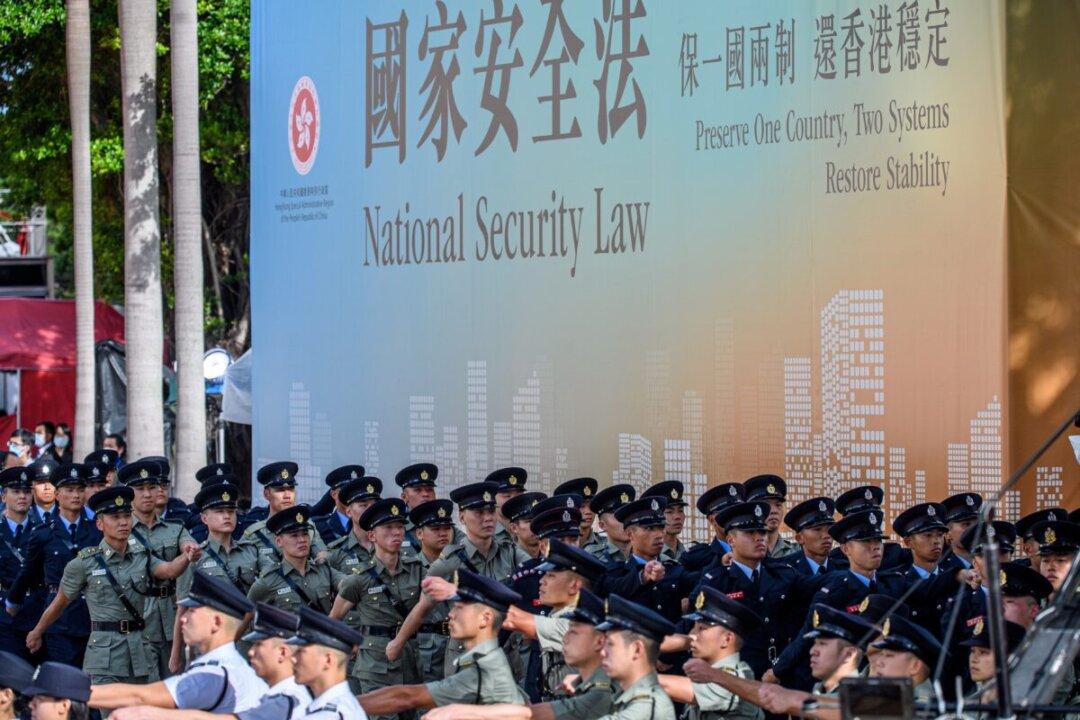Chinese authorities have ordered all members of the military to be vaccinated, amid rising reports of deaths caused by Chinese vaccines in Hong Kong and the mainland.
The death of a Chinese soldier who received China’s Sinovac vaccine, and other vaccine-related death cases, are hotly discussed on Chinese social media.
